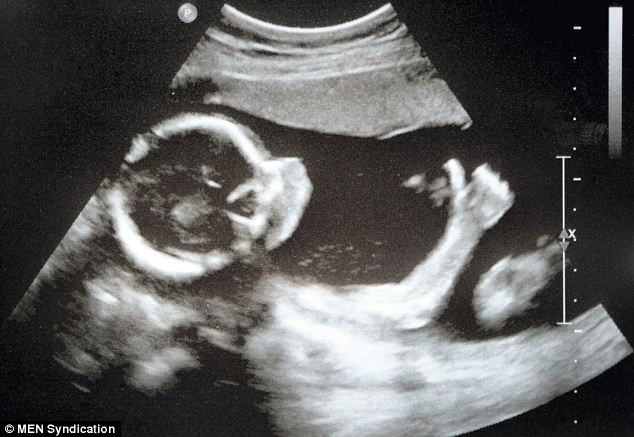Mexico City Policy: WHO Study on Abortion Rate in Africa Is Wrong
National Review 25 January 2017
Family First Comment: Trump’s policy on abortion will be attacked based on a WHO study, BUT..
“…studies from the WHO should be viewed skeptically. The group has a well-known position in favor of legal abortion and expanding access to the procedure. What’s more, the study has a number of methodological shortcomings.”
During his first days in office, President Donald Trump upheld a key promise to pro-life voters when he used an executive order to reinstate the Mexico City policy. This policy, first enacted by President Ronald Reagan in 1984, prevents overseas governmental organizations from performing or endorsing abortion as a method of family planning if they wish to receive federal funding from the United States. The policy was rescinded by Bill Clinton at the start of his presidency, reinstated by George W. Bush in January 2001 and rescinded again by Barack Obama in early 2009.
Unsurprisingly, this most recent reinstatement of the Mexico City policy has been controversial. Since Trump’s announcement, a World Health Organization (WHO) study from 2011 has been receiving a great deal of attention, as it purportedly found that, under the second Bush administration, the Mexico City policy significantly increased the incidence of abortion in sub-Saharan Africa. The study’s authors argue that this increase was due to the significant funding cuts made in programs that distribute contraceptives overseas. This WHO study has been cited uncritically by a number of mainstream media outlets including the New York Daily News, Slate, and The Atlantic.
In general, though, studies from the WHO should be viewed skeptically. The group has a well-known position in favor of legal abortion and expanding access to the procedure. What’s more, the study has a number of methodological shortcomings. The main flaw in the authors’ argument is the fact that contraception use in sub-Saharan Africa actually increased after the Mexico City policy took effect in 2001. According to the study itself, the percentage of women using modern contraceptives nearly doubled, shooting from 11.9 percent in 1994 to 18.9 percent in 2008. For this reason, it seems strange to argue that a lack of contraception was the culprit in the increased abortion numbers.
The authors also attempt to argue that the Mexico City policy had a larger impact on the African countries that were more dependent on U.S. funds for family planning. They split the countries in this dataset into two groups. In the first group, “high exposure” countries received per-capita family-planning assistance from the U.S. that was above the median amount. In the second, “low exposure” countries received per-capita family-planning assistance from the U.S. that was below the median. However, according to the study, contraceptive-use rates increased by similar levels in both “high exposure” and “low exposure” countries.
READ MORE: http://www.nationalreview.com/corner/444206/mexico-city-policy-who-study-abortion-rate-africa-wrong




